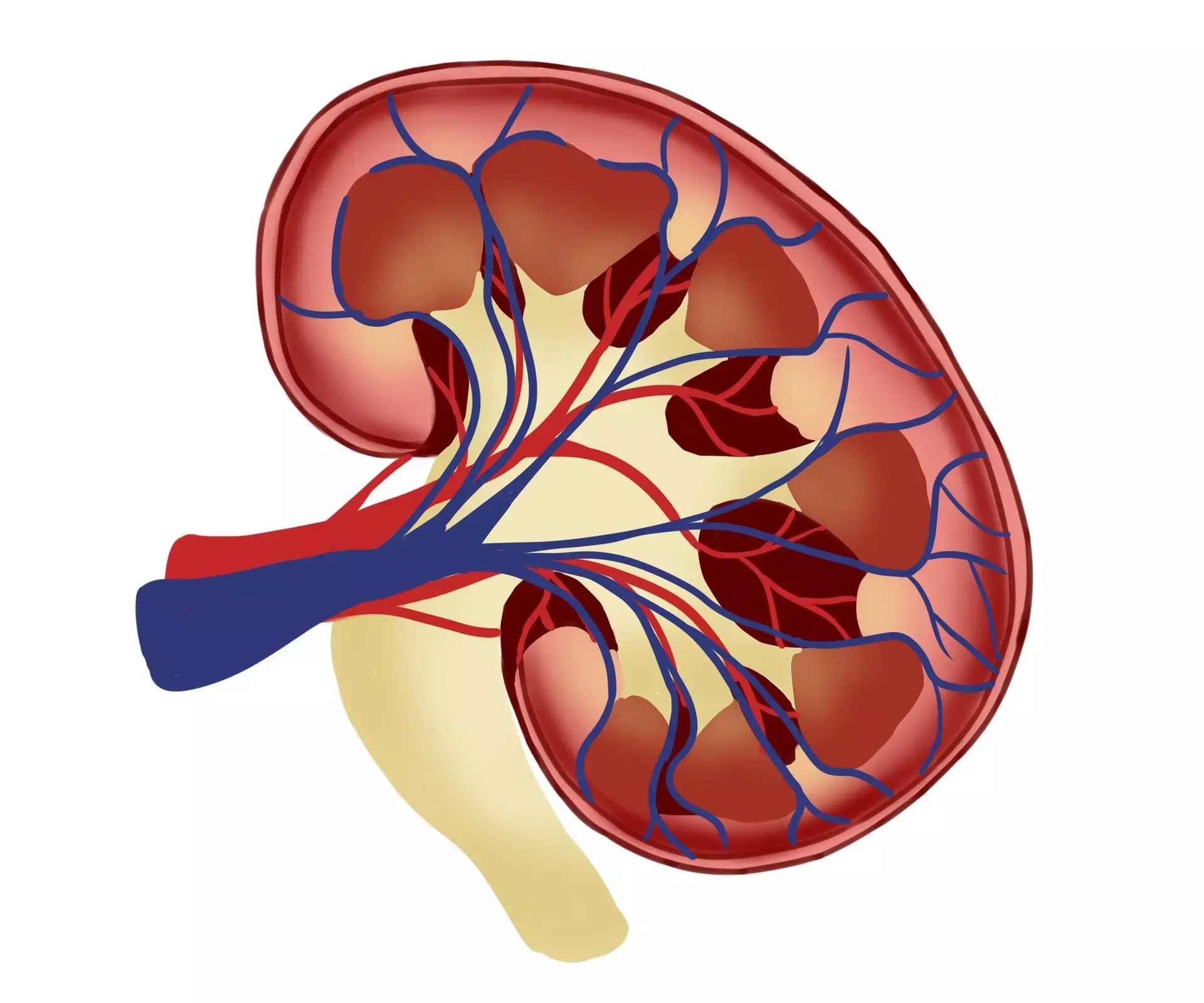- Home
- Medical news & Guidelines
- Anesthesiology
- Cardiology and CTVS
- Critical Care
- Dentistry
- Dermatology
- Diabetes and Endocrinology
- ENT
- Gastroenterology
- Medicine
- Nephrology
- Neurology
- Obstretics-Gynaecology
- Oncology
- Ophthalmology
- Orthopaedics
- Pediatrics-Neonatology
- Psychiatry
- Pulmonology
- Radiology
- Surgery
- Urology
- Laboratory Medicine
- Diet
- Nursing
- Paramedical
- Physiotherapy
- Health news
- Fact Check
- Bone Health Fact Check
- Brain Health Fact Check
- Cancer Related Fact Check
- Child Care Fact Check
- Dental and oral health fact check
- Diabetes and metabolic health fact check
- Diet and Nutrition Fact Check
- Eye and ENT Care Fact Check
- Fitness fact check
- Gut health fact check
- Heart health fact check
- Kidney health fact check
- Medical education fact check
- Men's health fact check
- Respiratory fact check
- Skin and hair care fact check
- Vaccine and Immunization fact check
- Women's health fact check
- AYUSH
- State News
- Andaman and Nicobar Islands
- Andhra Pradesh
- Arunachal Pradesh
- Assam
- Bihar
- Chandigarh
- Chattisgarh
- Dadra and Nagar Haveli
- Daman and Diu
- Delhi
- Goa
- Gujarat
- Haryana
- Himachal Pradesh
- Jammu & Kashmir
- Jharkhand
- Karnataka
- Kerala
- Ladakh
- Lakshadweep
- Madhya Pradesh
- Maharashtra
- Manipur
- Meghalaya
- Mizoram
- Nagaland
- Odisha
- Puducherry
- Punjab
- Rajasthan
- Sikkim
- Tamil Nadu
- Telangana
- Tripura
- Uttar Pradesh
- Uttrakhand
- West Bengal
- Medical Education
- Industry
Even Normal-Range Albuminuria May Increase Risk of progression of Kidney failure among CKD patients: Study

Even Normal-Range Albuminuria May Increase the Risk of progression of Kidney failure among CKD patients suggests a study published in the Annals of Internal Medicine.
Albuminuria is a major risk factor for chronic kidney disease (CKD) progression, especially when categorized as moderate (30 to 300 mg/g) or severe (>300 mg/g). However, there are limited data on the prognostic value of albuminuria within the normoalbuminuric range (<30 mg/g) in persons with CKD. A study was done to estimate the increase in the cumulative incidence of CKD progression with greater baseline levels of albuminuria among persons with CKD who had normoalbuminuria (<30 mg/g). 1629 participants meeting criteria from the CRIC (Chronic Renal Insufficiency Cohort) study with CKD (estimated glomerular filtration rate [eGFR], 20 to 70 mL/min/1.73 m2) and urine albumin–creatinine ratio (UACR) less than 30 mg/g. Baseline spot urine albumin divided by spot urine creatinine to calculate UACR as the exposure variable. The 10-year adjusted cumulative incidences of CKD progression (composite of 50% eGFR decline or kidney failure [dialysis or kidney transplantation]) from confounder adjusted survival curves using the G-formula. Results: Over a median follow-up of 9.8 years, 182 of 1629 participants experienced CKD progression.
The 10-year adjusted cumulative incidences of CKD progression were 8.7% (95% CI, 5.9% to 11.6%), 11.5% (CI, 8.8% to 14.3%), and 19.5% (CI, 15.4% to 23.5%) for UACR levels of 0 to less than 5 mg/g, 5 to less than 15 mg/g, and 15 mg/g or more, respectively. Comparing persons with UACR 15 mg/g or more to those with UACR 5 to less than 15 mg/g and 0 to less than 5 mg/g, the absolute risk differences were 7.9% (CI, 3.0% to 12.7%) and 10.7% (CI, 5.8% to 15.6%), respectively. The 10-year adjusted cumulative incidence increased linearly based on baseline UACR levels. Persons with CKD and normoalbuminuria (<30 mg/g) had excess risk for CKD progression, which increased in a linear fashion with higher levels of albuminuria.
Reference:
Ashish Verma, Insa M. Schmidt, Sophie Claudel, et al. Association of Albuminuria With Chronic Kidney Disease Progression in Persons With Chronic Kidney Disease and Normoalbuminuria: A Cohort Study. Ann Intern Med. [Epub 2 April 2024]. doi:10.7326/M23-2814
Dr. Shravani Dali has completed her BDS from Pravara institute of medical sciences, loni. Following which she extensively worked in the healthcare sector for 2+ years. She has been actively involved in writing blogs in field of health and wellness. Currently she is pursuing her Masters of public health-health administration from Tata institute of social sciences. She can be contacted at editorial@medicaldialogues.in.
Dr Kamal Kant Kohli-MBBS, DTCD- a chest specialist with more than 30 years of practice and a flair for writing clinical articles, Dr Kamal Kant Kohli joined Medical Dialogues as a Chief Editor of Medical News. Besides writing articles, as an editor, he proofreads and verifies all the medical content published on Medical Dialogues including those coming from journals, studies,medical conferences,guidelines etc. Email: drkohli@medicaldialogues.in. Contact no. 011-43720751


